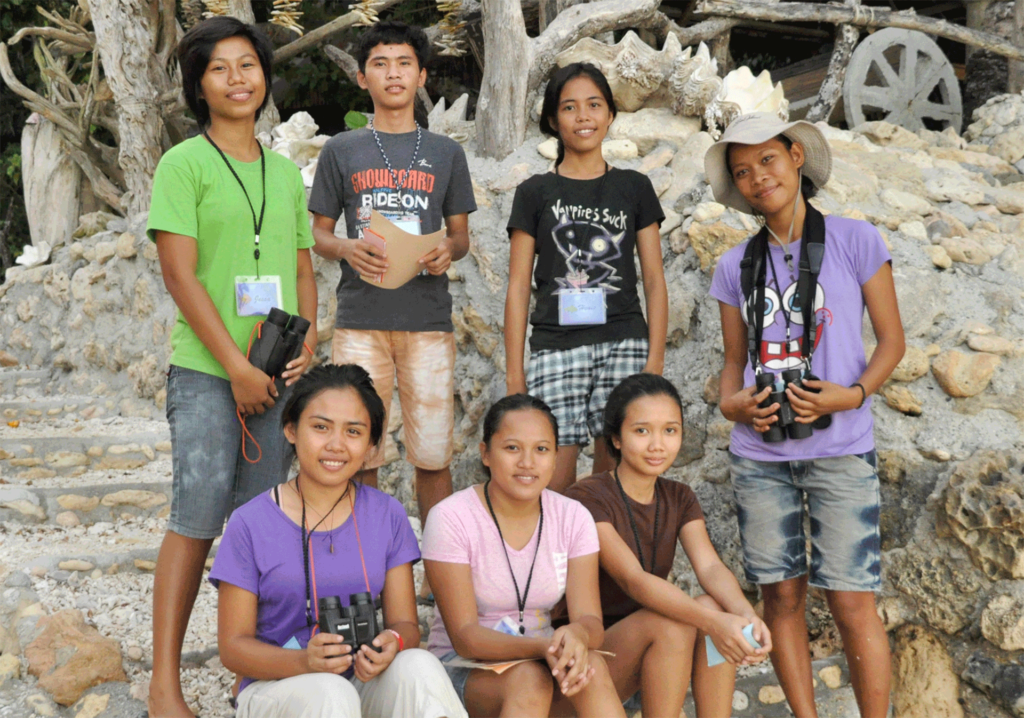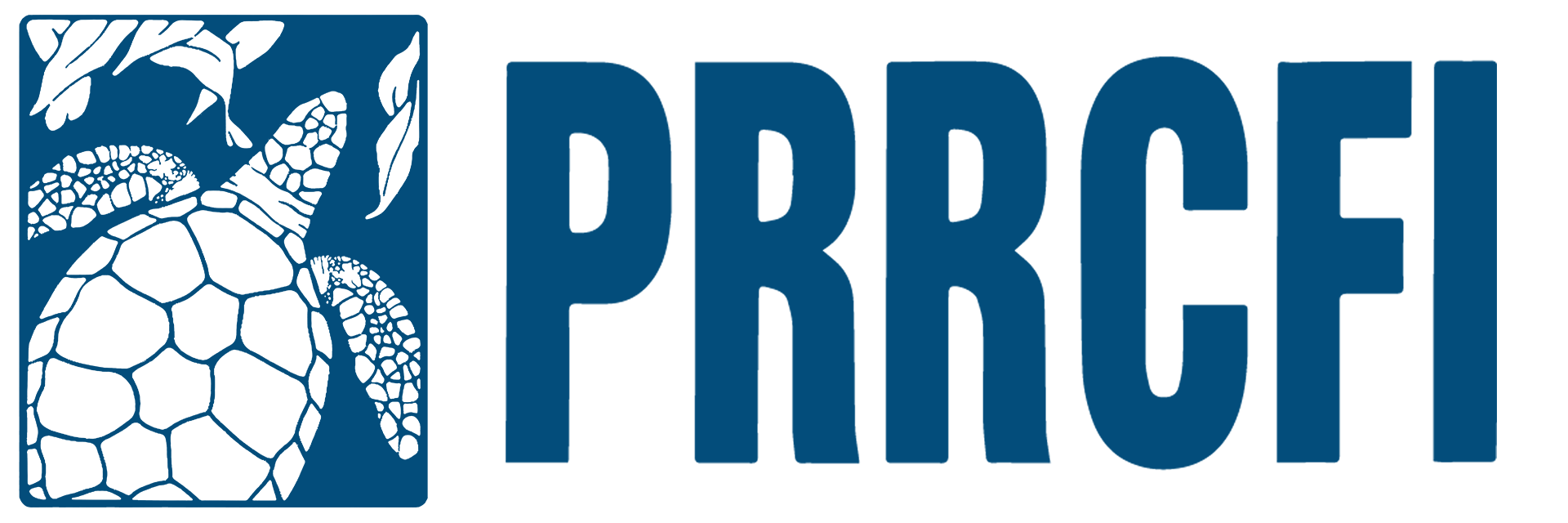Philippine Reef and Rainforest Conservation Foundation, Inc.
Danjugan Nature Tourism Program
Going DEEP
As Nature’s Perfect Classroom, Danjugan Island has been recognized in several national and international venues for its pioneering work in experiential environmental education. As if coming alive from science textbooks and lectures, the island’s ecosystems have provided invaluable learning experiences to students of all ages for over two decades.
The Danjugan Island Environmental Education Program (DEEP) was a milestone partnership with the Foundation for the Philippine Environment (FPE) and the Department of Education – Division of Negros Occidental (DepEd) from 2011-2015.
DEEP, molded from PRRCFI’s Marine and Wildlife Camps, reached out to the island’s adjacent communities in the mainland, to bring biodiversity conservation and sustainable development to the agenda of schools, local government units, and people’s organizations in Southern Negros and beyond.
DEEP did this with the funding of FPE in two project phases over five years, engaging over a thousand students and teachers from 23 public elementary and high schools and five campuses of state universities and colleges (SUCs), as well as community leaders from fishing and farming villages.
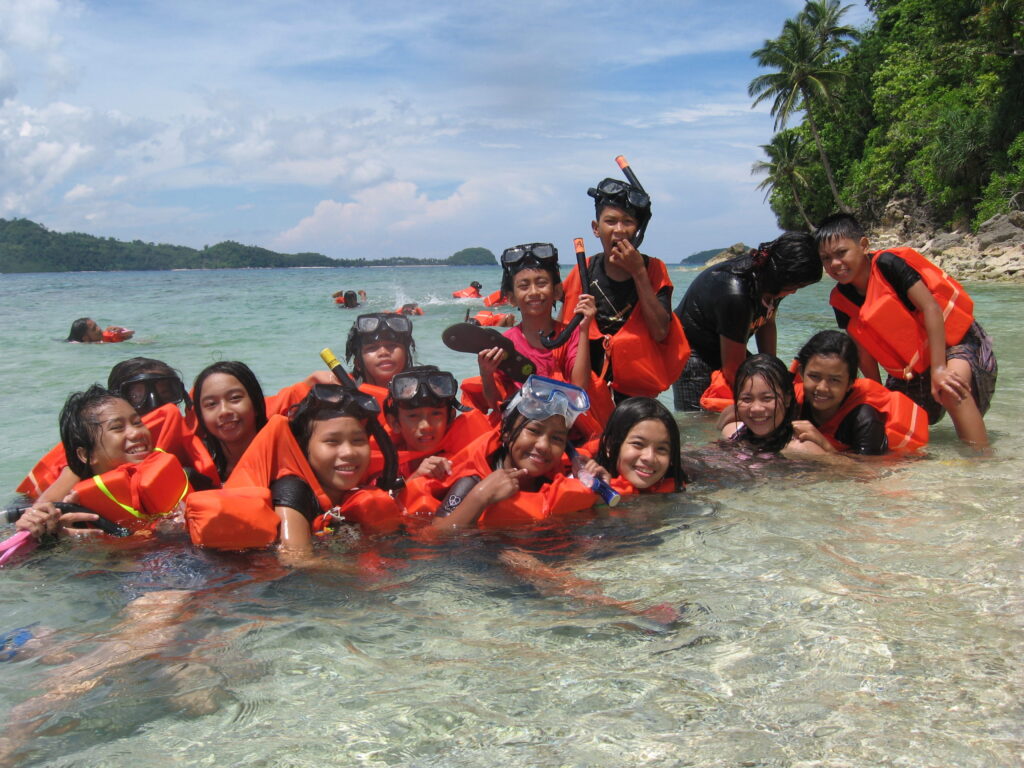
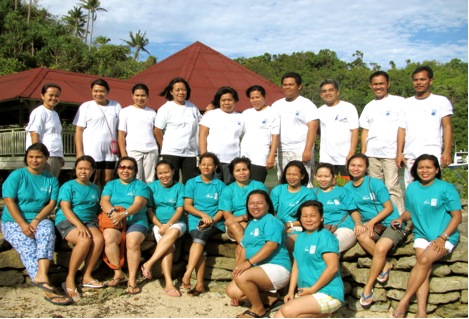
Beginning with camps hosted in Danjugan for these stakeholders, the program has further nurtured a bigger network of actions and campaigns outside of the island and in their own schools and communities.
Several of these actions are replications of the conservation efforts and environmental education strategies that they have experienced in Danjugan.
On PRRCFI’s 25th year, we have witnessed more than 140 DEEP alumni graduating through the scholarship program of Department of Agriculture-Agricultural Competitiveness Enhancement Fund (DA-ACEF) in Fisheries, Forestry, and Agriculture, thanks to the efforts of then DA Undersecretary Bernadette Romulo-Puyat.
DEEP alumni are now preparing to take on careers in these fields with the values that the program has inculcated in them. What is exciting is how these young professionals – fisheries technicians, agriculturists, and foresters – will form a support group for conservation in Negros in the years to come.
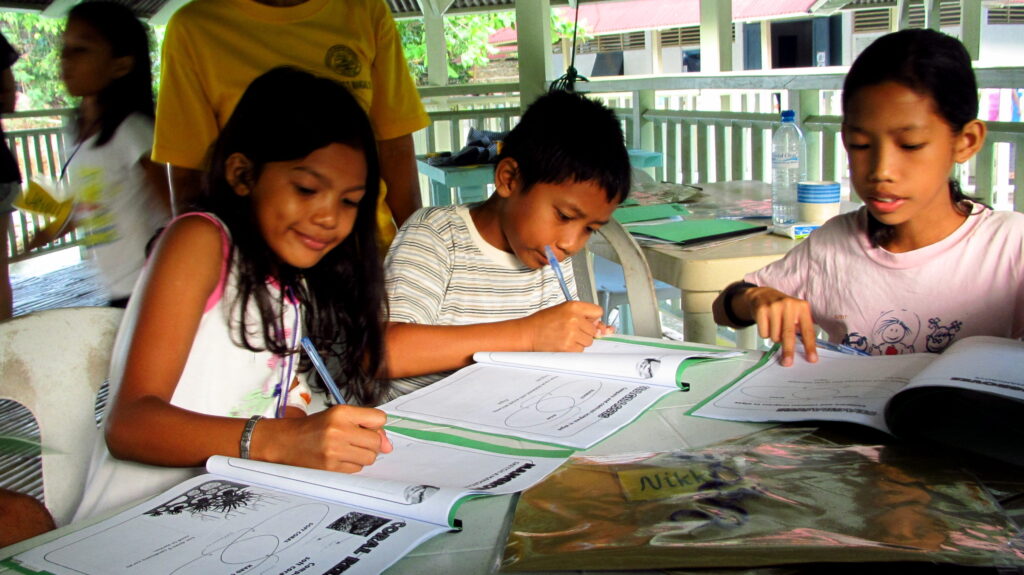
The brand of experiential learning DEEP is known for has expanded to the countless workshops, trainings, and capacity-building facilitated by PRRCFI for local government units and people’s organizations in the themes of coastal resource management, natural farming, sustainable livelihood development, solid waste management, and the declaration of more marine protected areas and wildlife sanctuaries. Numerous manuals, modules, and materials, for environmental education as well as for community information, education, and communication (IEC) campaigns have been produced and deployed through DEEP and subsequent collaborations borne out of it.
We can see the impact of DEEP – and its partners FPE and DepEd – through the stories of people in the communities it has journeyed with – the scholars who have been mentored from high school to their licensure exams, the teachers who have enriched their lessons and curricular activities with DEEP’s materials, the LGU personnel who have incorporated participatory and experiential approaches in crafting and implementing policies and programs for sustainability.
Figuratively, these are the seeds sown by DEEP that have become fruit-bearing trees or blooming flowers, while some still continue to germinate as we tirelessly seek to shower them with the right conditions. It is through our work of cultivation that DEEP alumni, in their own capacities and careers, grow and blossom in the conservation movement.
